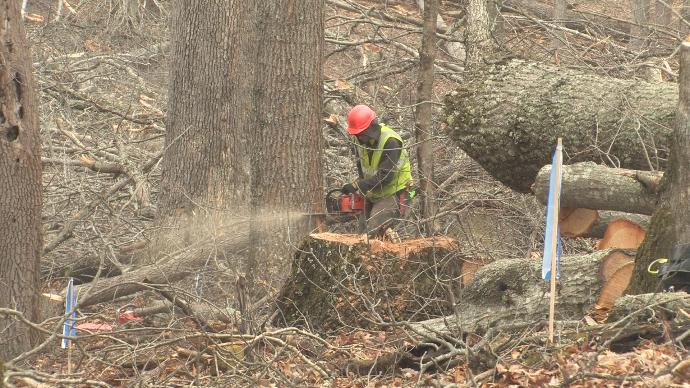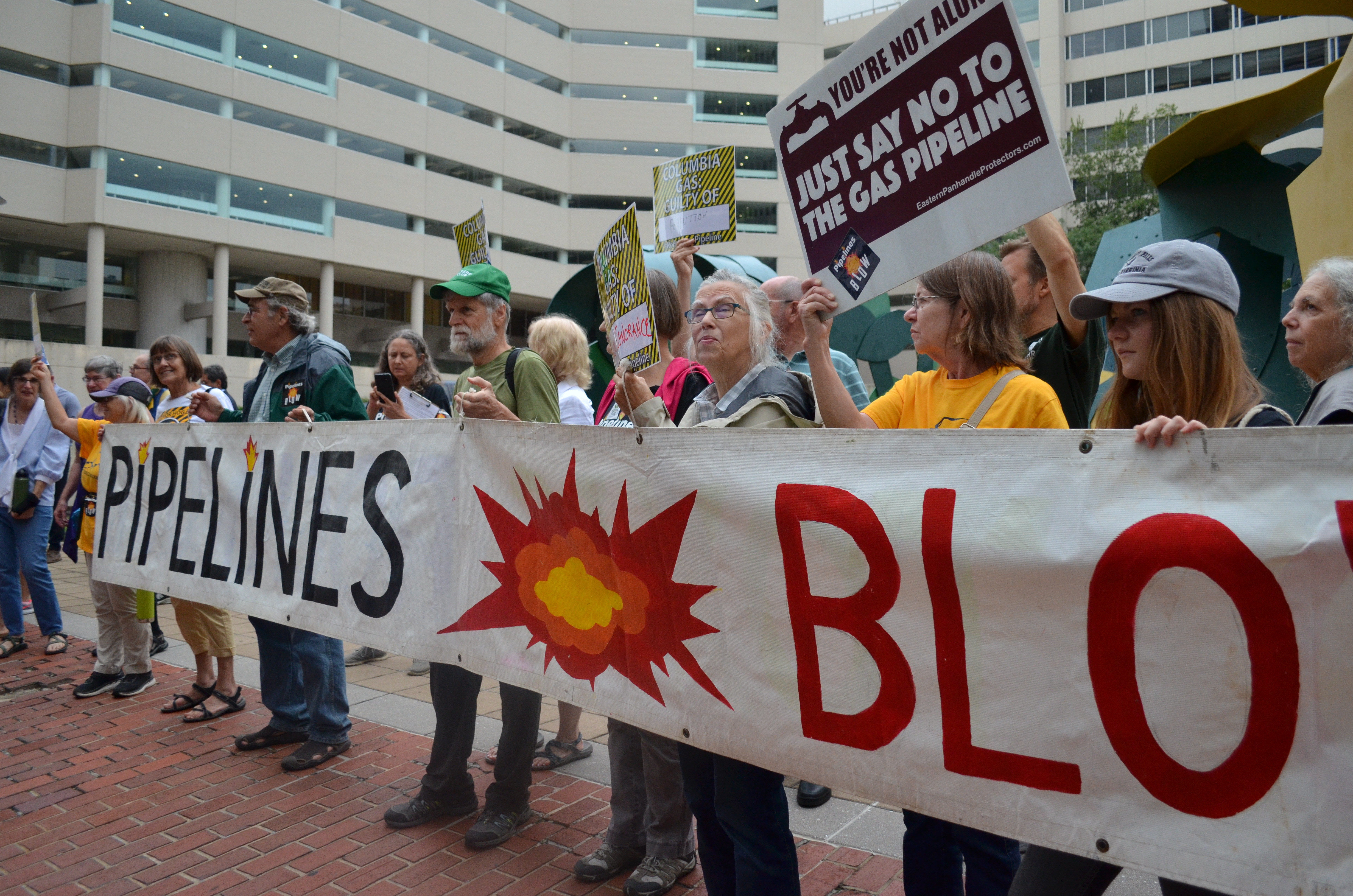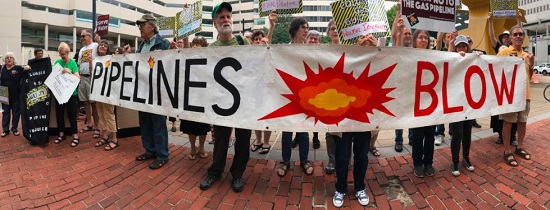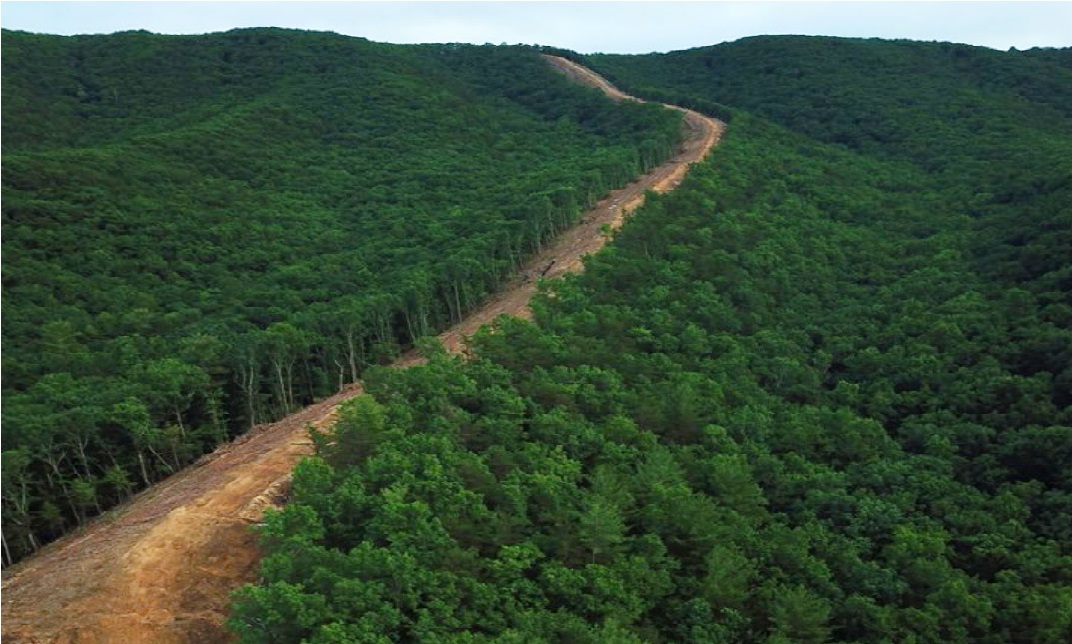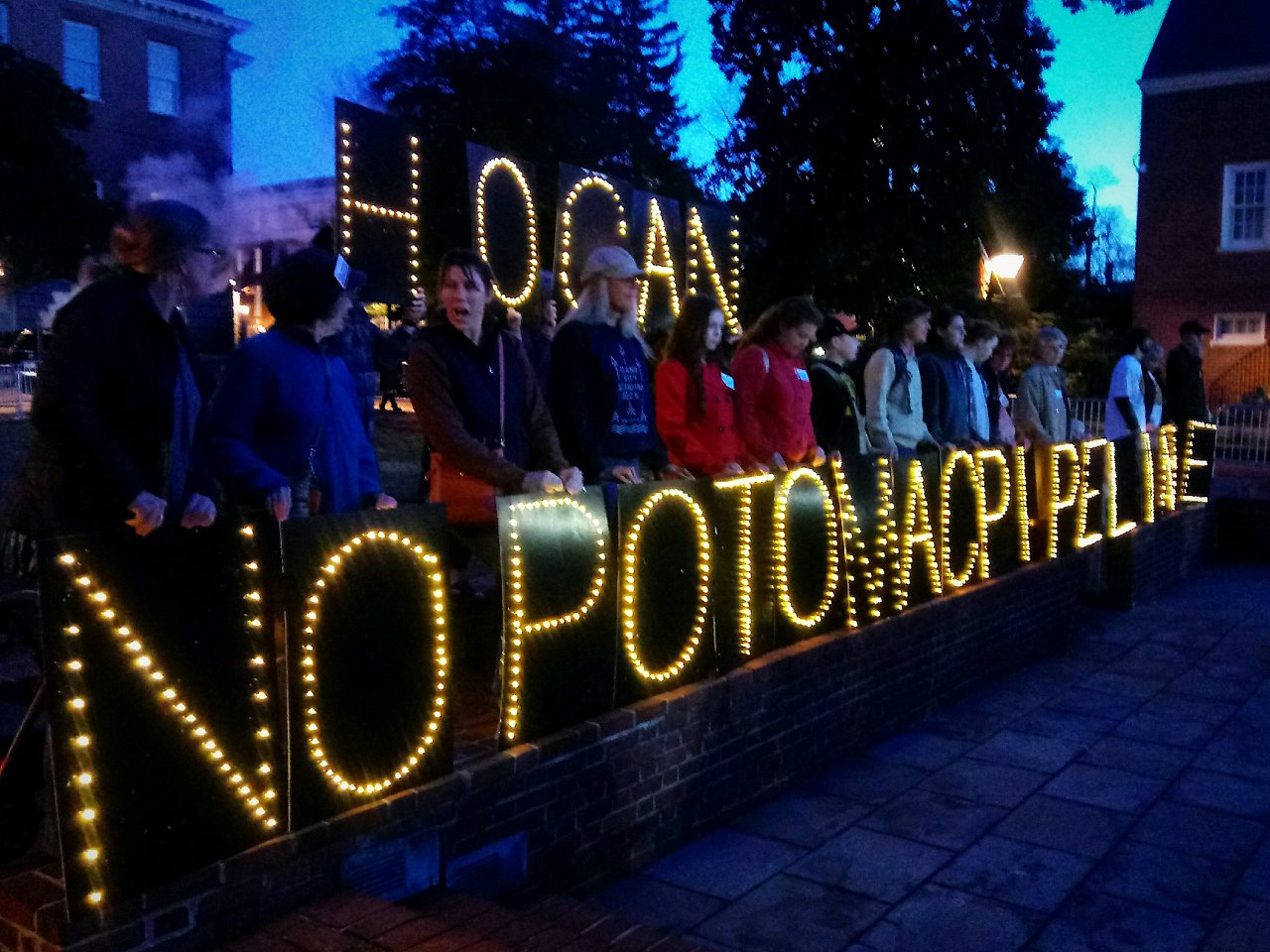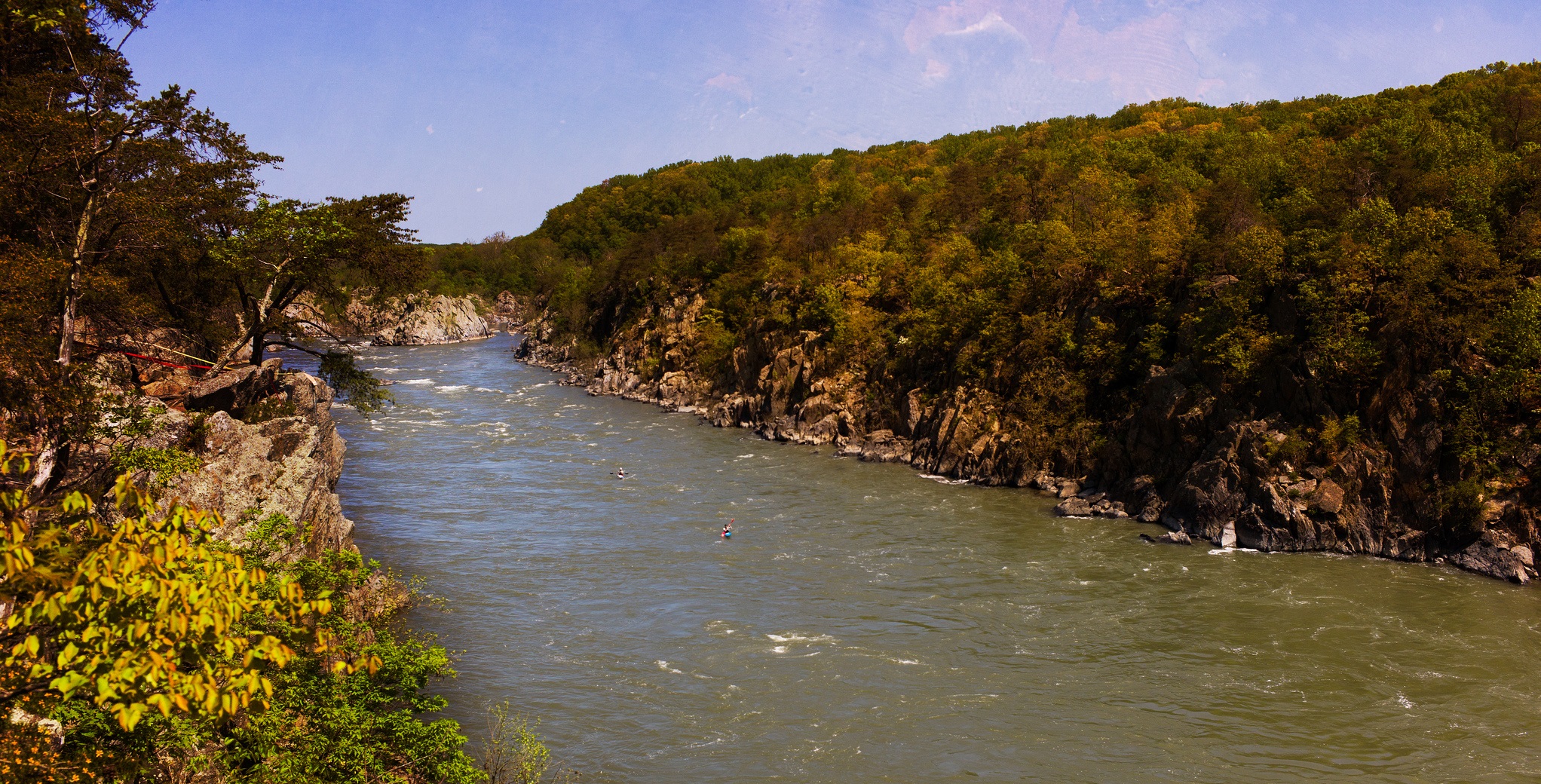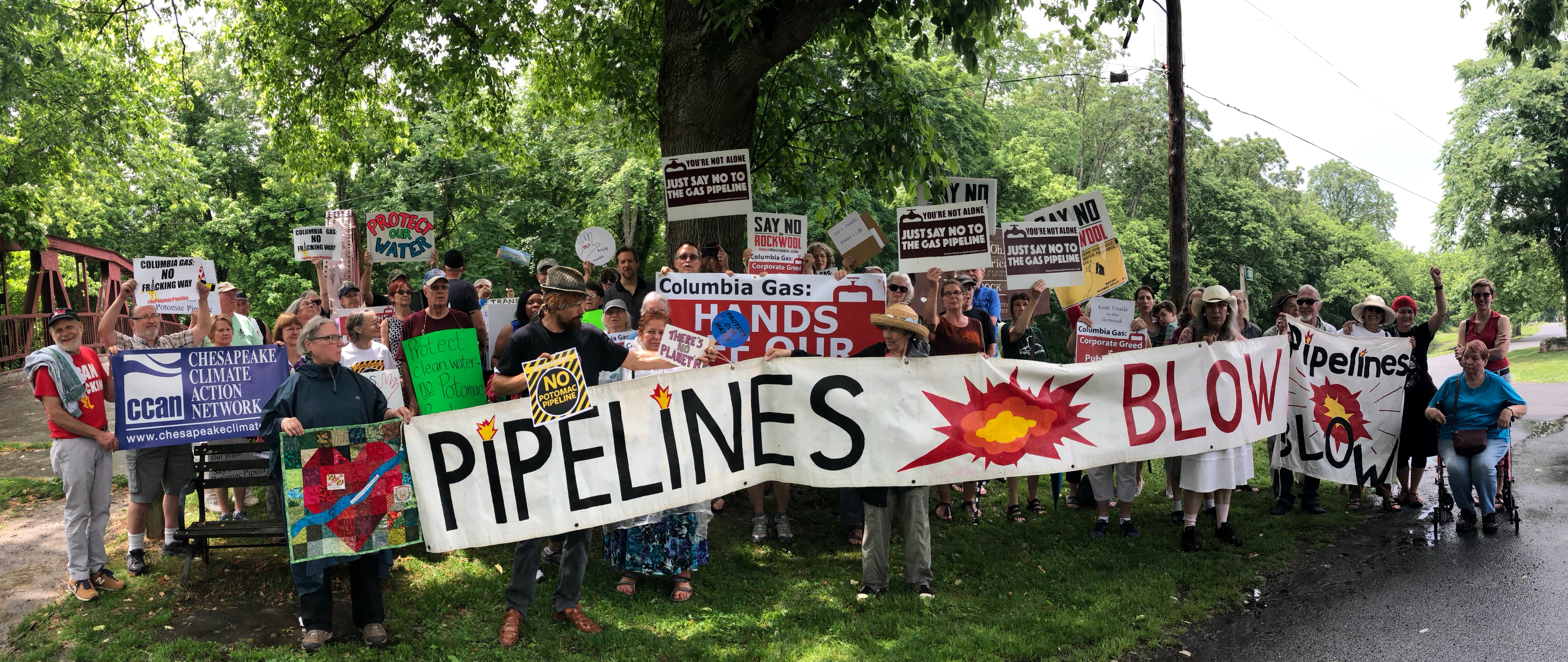Reinitiation of Endangered Species Act Consultation Should Halt All Work on Fracked Gas Pipeline
WASHINGTON, D.C. — Today, the Federal Energy Regulatory Commission (FERC), the federal agency tasked with reviewing and approving interstate gas pipelines, requested that the U.S. Fish and Wildlife Service (FWS) reinitiate consultation on its Endangered Species Act permit for the fracked gas Mountain Valley Pipeline. Because the project does not have a valid Biological Opinion and Incidental Take Statement, all work on the pipeline should halt until a new one is issued. Today’s announcement comes one week after a coalition of conservation groups requested a stay while courts review their legal challenge to the FWS’s approval for the 303-mile pipeline.
In response, Sierra Club Staff Attorney Elly Benson released the following statement:
“We have said all along that there is no right way to build this dirty, dangerous fracked gas pipeline. Mountain Valley Pipeline has already destroyed and degraded the habitat of endangered species, and all construction should be halted immediately. It’s going to take more than half-measures to protect our endangered species, climate, and communities. Mountain Valley Pipeline should read the writing on the wall and shut this project down once and for all.”
The Chesapeake Climate Action Network’s General Counsel Anne Havemann stated:
“The rush to build this unnecessary and harmful pipeline has polluted drinking water, harmed livelihoods, triggered landslides, and further threatened already endangered species. Despite the devastation that construction of the Mountain Valley Pipeline has left in its wake and despite the lack of valid permits, construction on much of this dangerous pipeline continues. FERC must stop work on the entire pipeline — to do otherwise is completely unacceptable.”
David Sligh, Conservation Director for Wild Virginia stated:
“The Mountain Valley Pipeline threatens some of our most sensitive and precious species and must be stopped. Regulators at the Federal Energy Regulatory Commission have now agreed with advocates that the Fish and Wildlife Service failed in its duty under the Endangered Species Act. Now the Service must go back and do the job right. We are confident that an honest analysis will show that this pipeline cannot be built without harming these species and and it should be abandoned.”
Jason Rylander, Senior Endangered Species Counsel for Defenders of Wildlife stated:
“The Fish and Wildlife Service’s original biological opinion was wholly inadequate to protect imperiled species in the path of the Mountain Valley Pipeline. Further construction on the pipeline must cease while the Service conducts this necessary review of its impacts.”
Roberta Bondurant, of Preserve Bent Mountain, stated:
“Under MVP construction we’ve witnessed a financially failing fox assert it could guard the henhouse, while disregarding and flaunting all rules in broad daylight, in plain view. MVP has given new meaning to the word ‘lawless.’ We persevere in seeking a full stay of construction in protection of our fragile species, our great places. For our next generations, we seek the Rule of Law.”
Jared Margolis, of the Center for Biological Diversity, stated:
“There’s no doubt that the Mountain Valley Pipeline is a disaster for imperiled wildlife and our waterways, but FERC needs to do more than simply renew its analysis of those threats. This pipeline should be cancelled entirely to protect the public interest and prevent further harm to our climate. Regulators need to stop putting corporate profits ahead of safeguarding our environment.”
###

